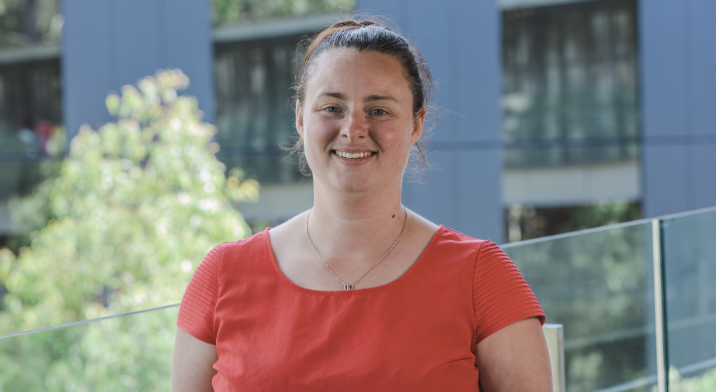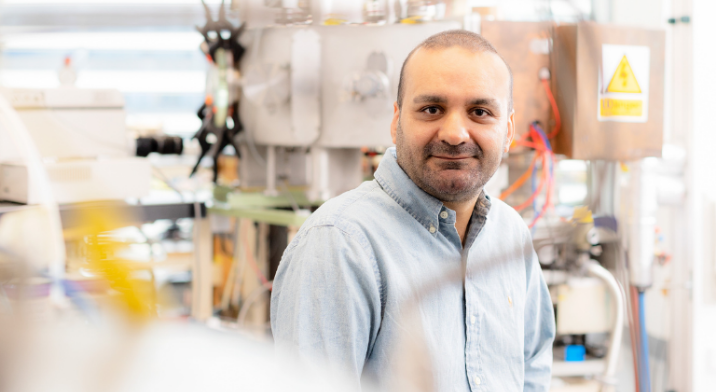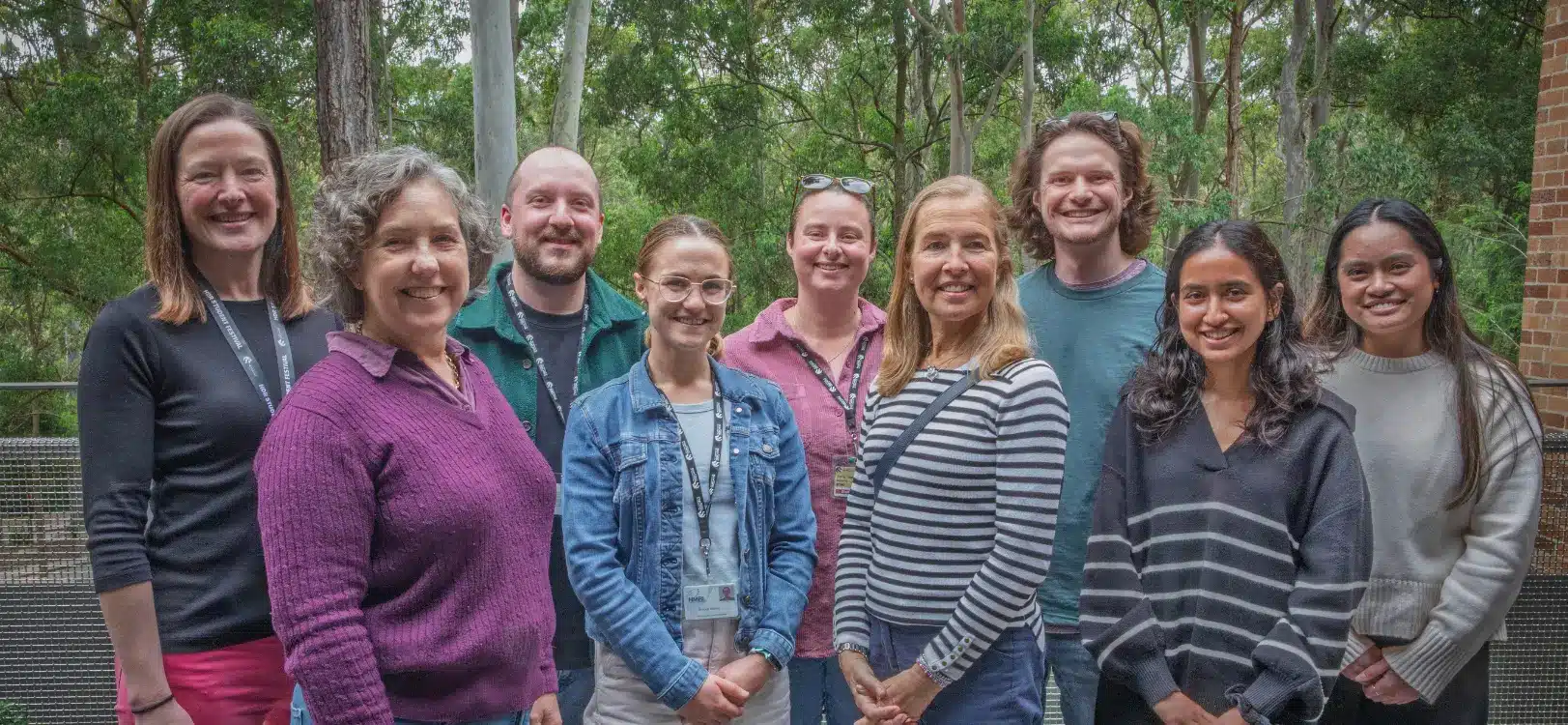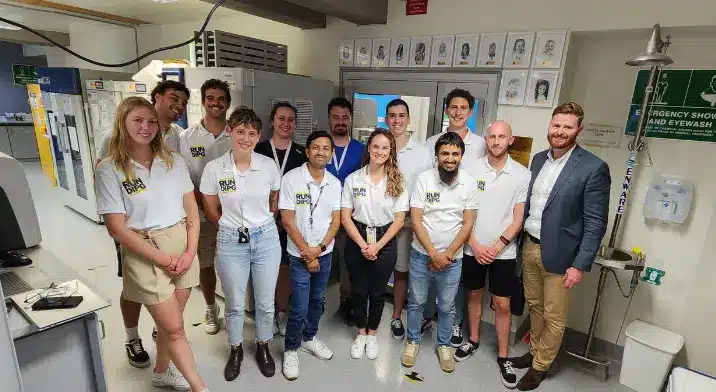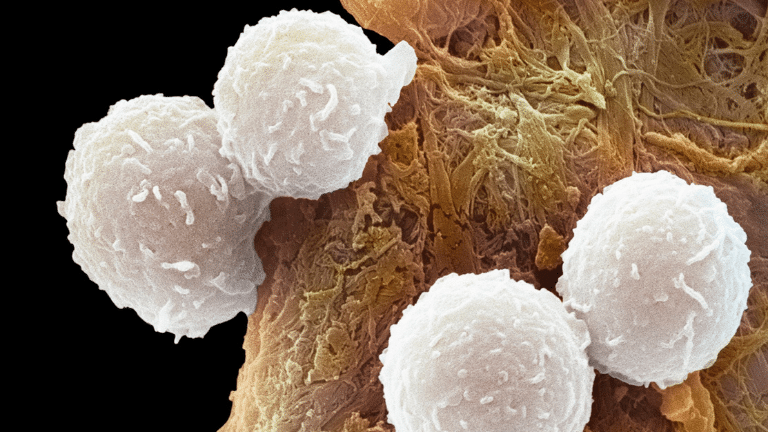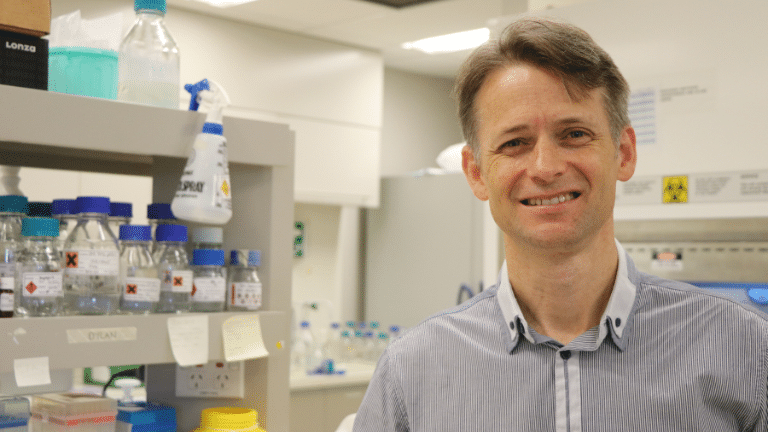At the forefront of healthcare innovation, our Precision Medicine Research Program is dedicated to developing tailored treatments that address individual differences in complex disorders.
Every human is unique, and we often differ in how we develop diseases and respond to treatments.
Precision medicine – also known as personalised medicine – aims to tailor treatments to achieve the best outcome for individual patients, rather than taking a ‘one size fits all’ approach.
While evidence-based studies using scientific methods and statistics have revolutionised drug development and medical practices, for some complex disorders, there is a pressing need to focus more on patient-centered treatments.
This approach is essential for complex conditions characterised by individual variations in disease mechanisms including:
- cancer
- cardiovascular diseases
- respiratory issues
- inflammatory diseases, and
- psychiatric disorders.
Matching patients with the best possible treatment, at the optimal dose, every time.
Precision medicine integrates information about an individual’s genome, environment, and lifestyle to inform medical decisions related to prevention, screening, diagnosis, and treatment.
Many existing treatments are designed for average patient profiles, which can overlook the unique genetic variations and other factors that influence treatment effectiveness. Our researchers want to ensure that every individual receives the most effective and personalised care possible.
Our goal is to create a healthcare system that is more responsive to individual patient needs.
Bringing together leading expertise to shape the future of healthcare
The concept of precision medicine isn’t new. It’s already being used in our healthcare system. When a doctor uses family history or past medical events and results to make treatment decisions, it is a type of personalised medicine.
What is new is the array of technologies emerging to enable and accelerate it, and the scale at which these technologies are growing. These areas include genomics, computing and bioinformatics, digitisation, and artificial intelligence.The future of personalised medicine will increasingly involve genomics, as DNA sequencing is becoming faster and more sophisticated.
We’re uniting leading experts from various fields to advance the field of precision medicine.
Our team comprises experts in genetics, data science, and patient care, all working collaboratively to integrate research and clinical practice.
In addition, our research focuses on identifying new drug targets and biomarkers, exploring how genetic variants influence treatment responses. We are developing new therapeutics, delivery methods, and diagnostic tools. Our researchers are using innovative approaches, such as lipid nanotechnology for targeted drug delivery and advanced biosensors for real-time monitoring of patient needs.
We strive to connect groundbreaking research discoveries with real-world applications, driving the translation of new health interventions and medicines for our community.







